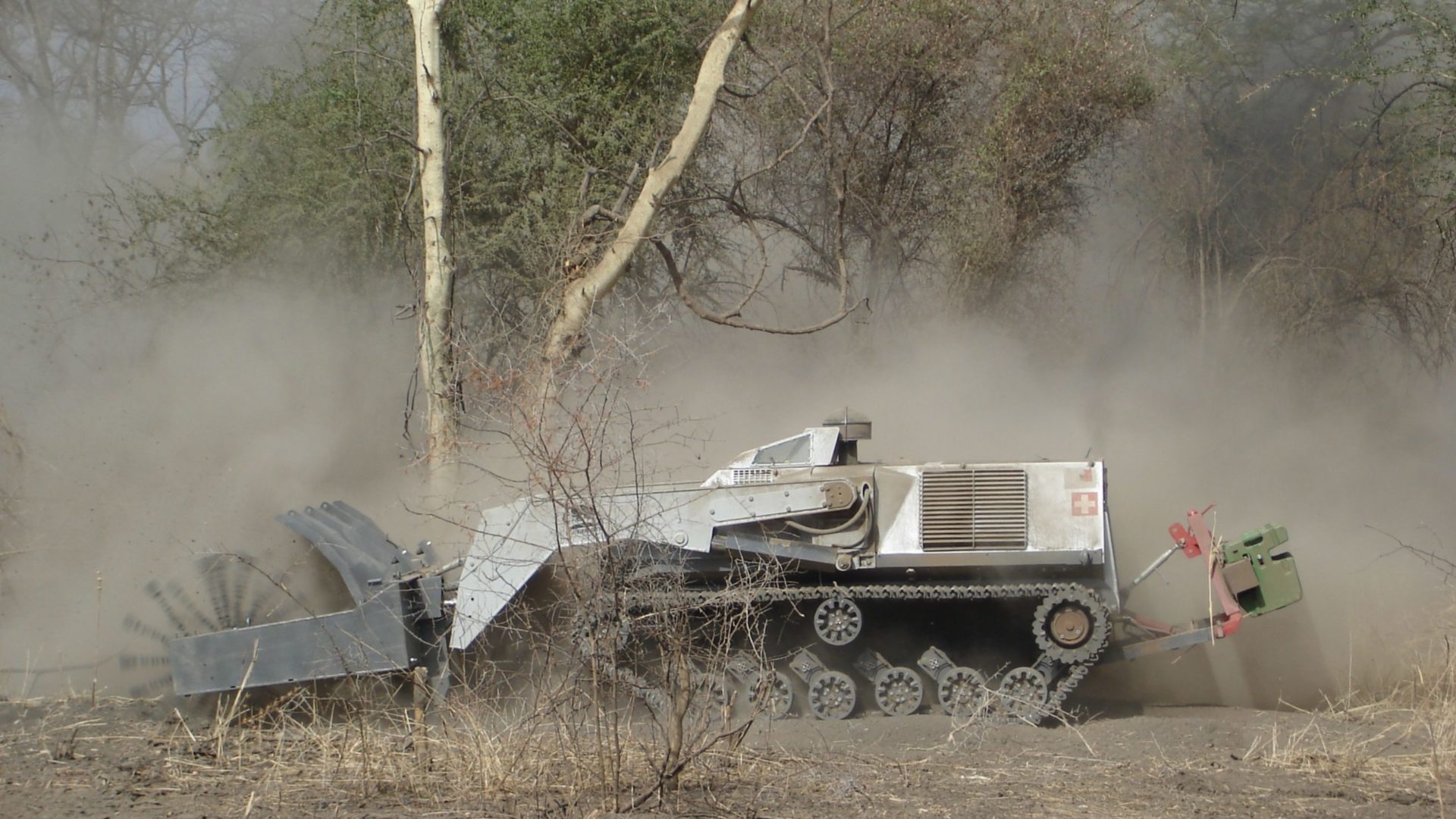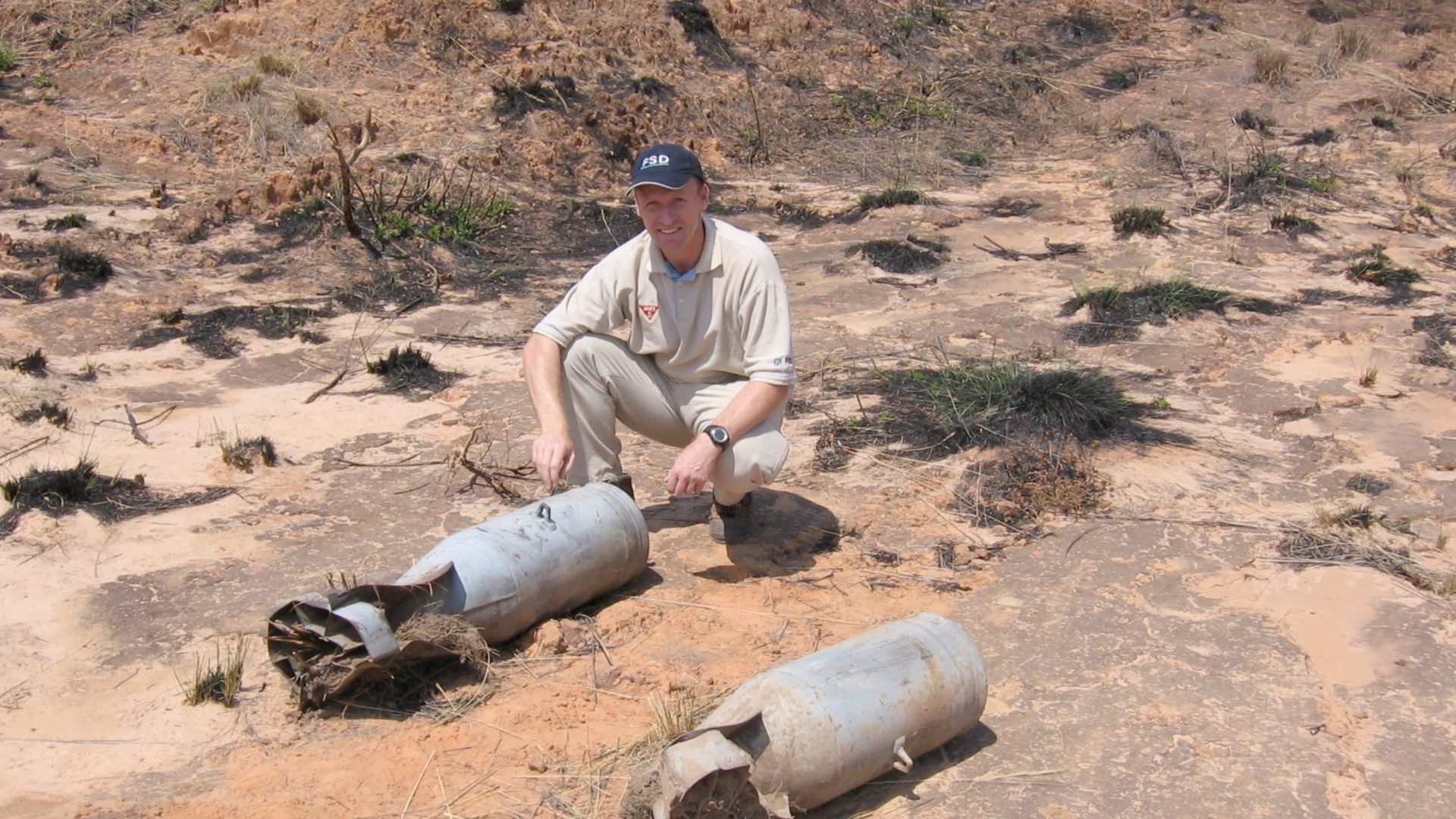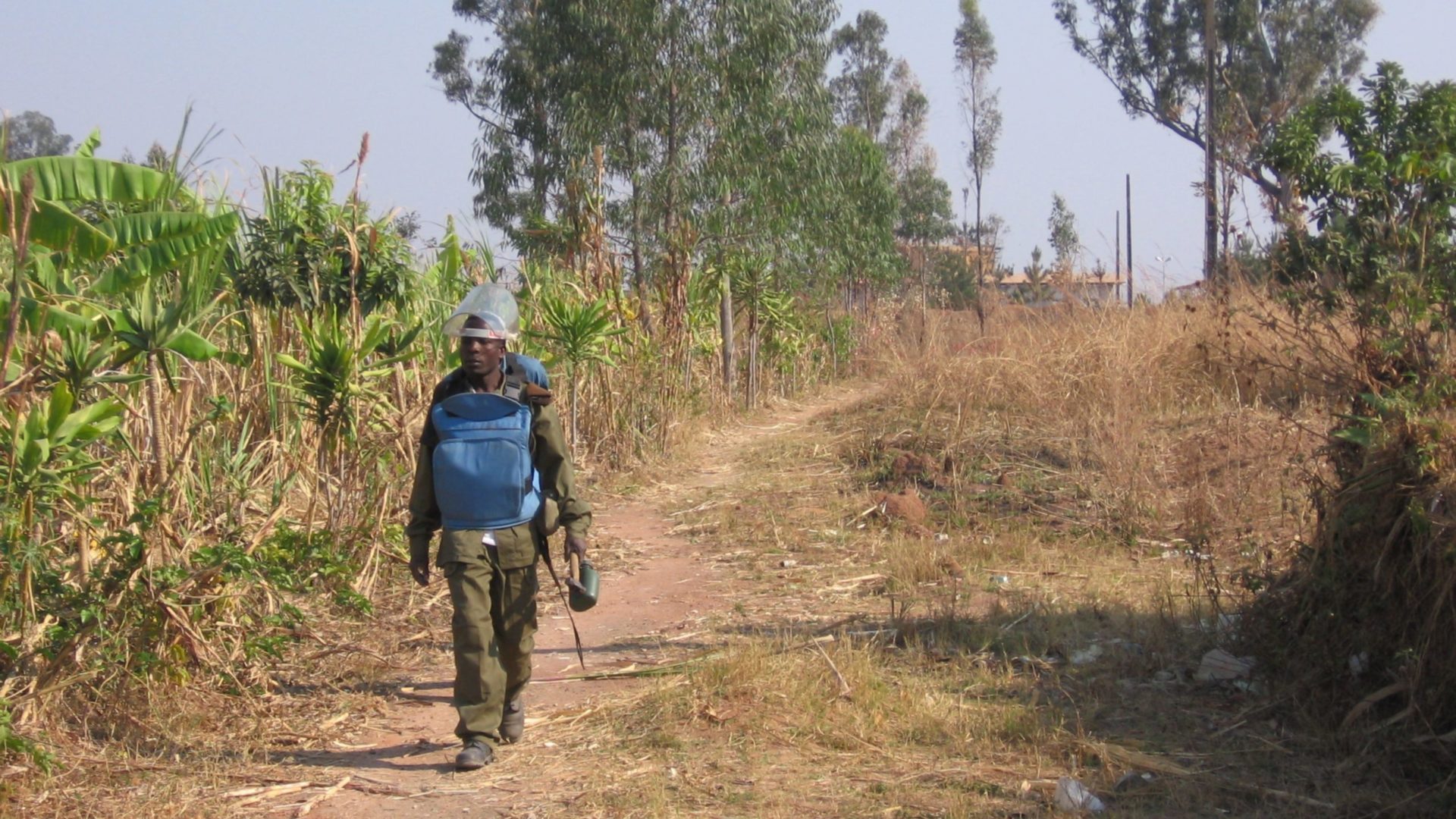We use audience measurement tools (such as Google Analytics 4 and Clarity), via Google Tag Manager, to understand how the website is used and to improve it. The data are used for statistical purposes only and are not used for targeted advertising.
Angola
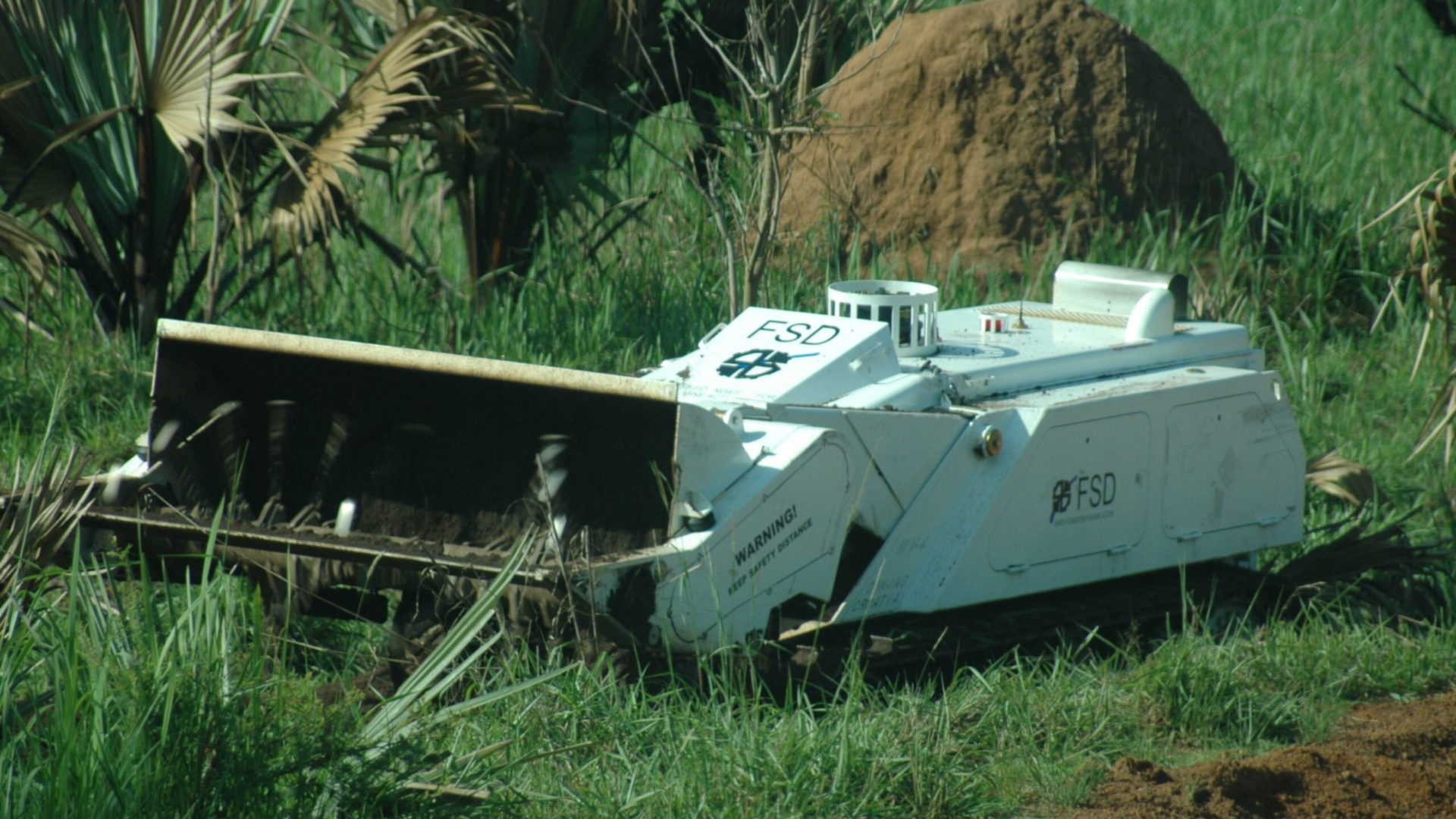
Mine Action
Capacity building
At the end of the civil war in Angola, FSD supported the national authorities as they took their first steps towards large-scale landmine clearance. This work was essential to the country’s reconstruction and recovery.
Landmines: a deadly legacy of the civil war
At the end of the civil war in 2002, millions of landmines and explosive remnants of war were scattered across the country, deeply affecting the safety of the population. Many residents were forced to leave their homes, and accidents, often fatal, became increasingly frequent.
Our impact in Angola
1
capacity-building project
15
provinces inspected by our experts
Introducing mechanical demining to support reconstruction
Starting in 2003, FSD was called upon to support the Angolan authorities in developing a national demining strategy. Initial assessment missions were carried out to propose technical assistance concepts in line with International Mine Action Standards (IMAS), including the use of mechanised systems to enhance the efficiency of demining operations. Between 2007 and 2009, FSD developed a quality management concept to oversee all activities, laying the foundations for a sustainable national mine action capacity.
From Bosnia to Ukraine
Discover our story
For nearly 30 years, FSD has been working to make land safer. Explore the key milestones of our humanitarian work since our first demining operation in 1998.
Latest news from FSD
View all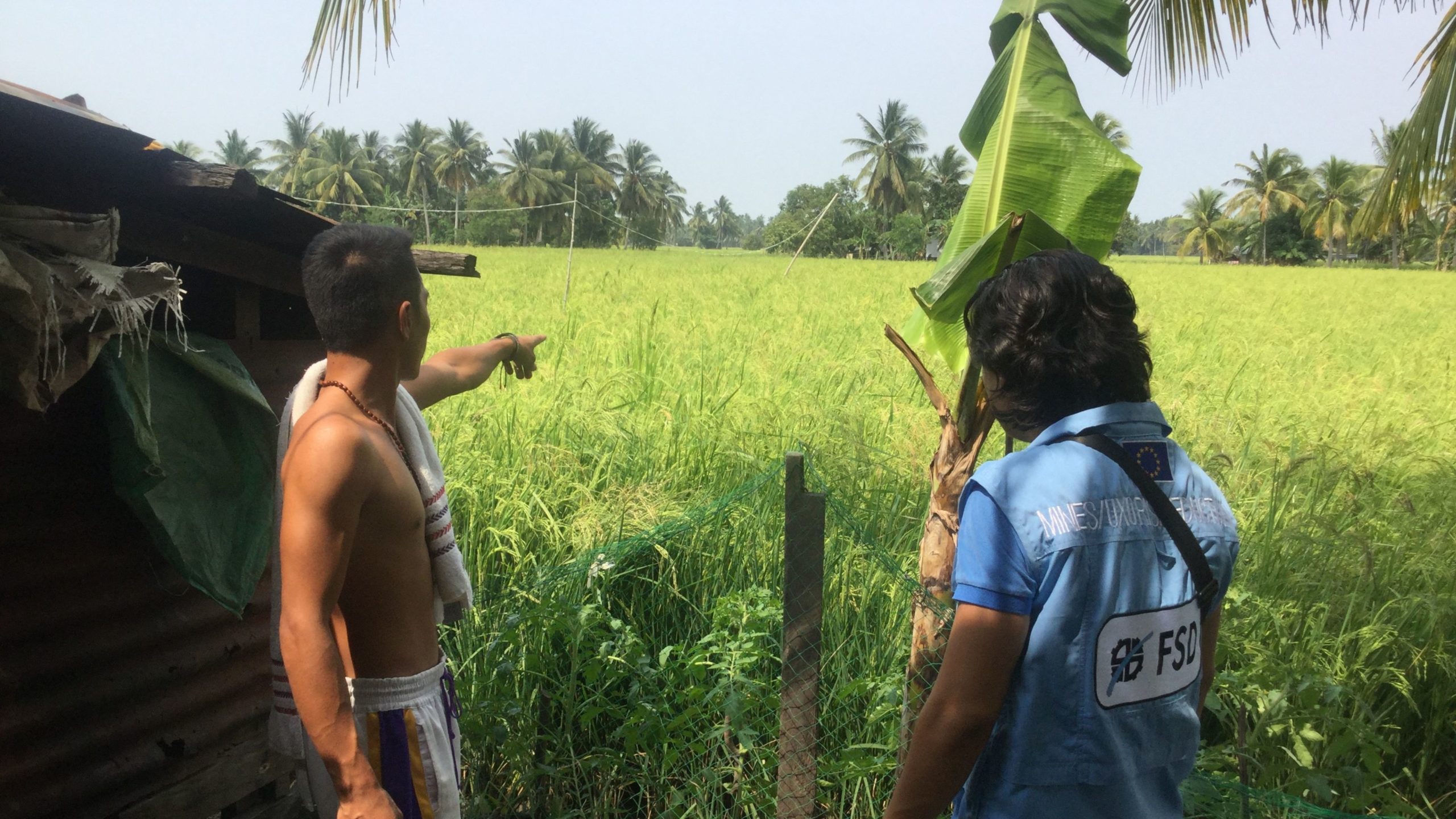
Mindanao: A New Operational Centre Enabling a Rapid Response to Explosive Risks
Until recently, many residents were reluctant to report the presence of these items, due to fear, mistrust, or a lack…
Humanitarian demining Non catégorisé Philippines
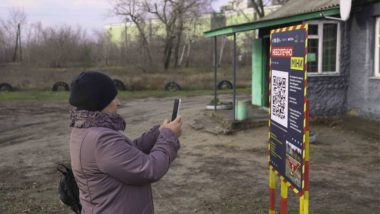
QR Codes to Save Lives
In Kharkiv province, Ukraine, residents live every day with the invisible yet very real presence of explosive remnants of war. FSD…
Prevention and risk education
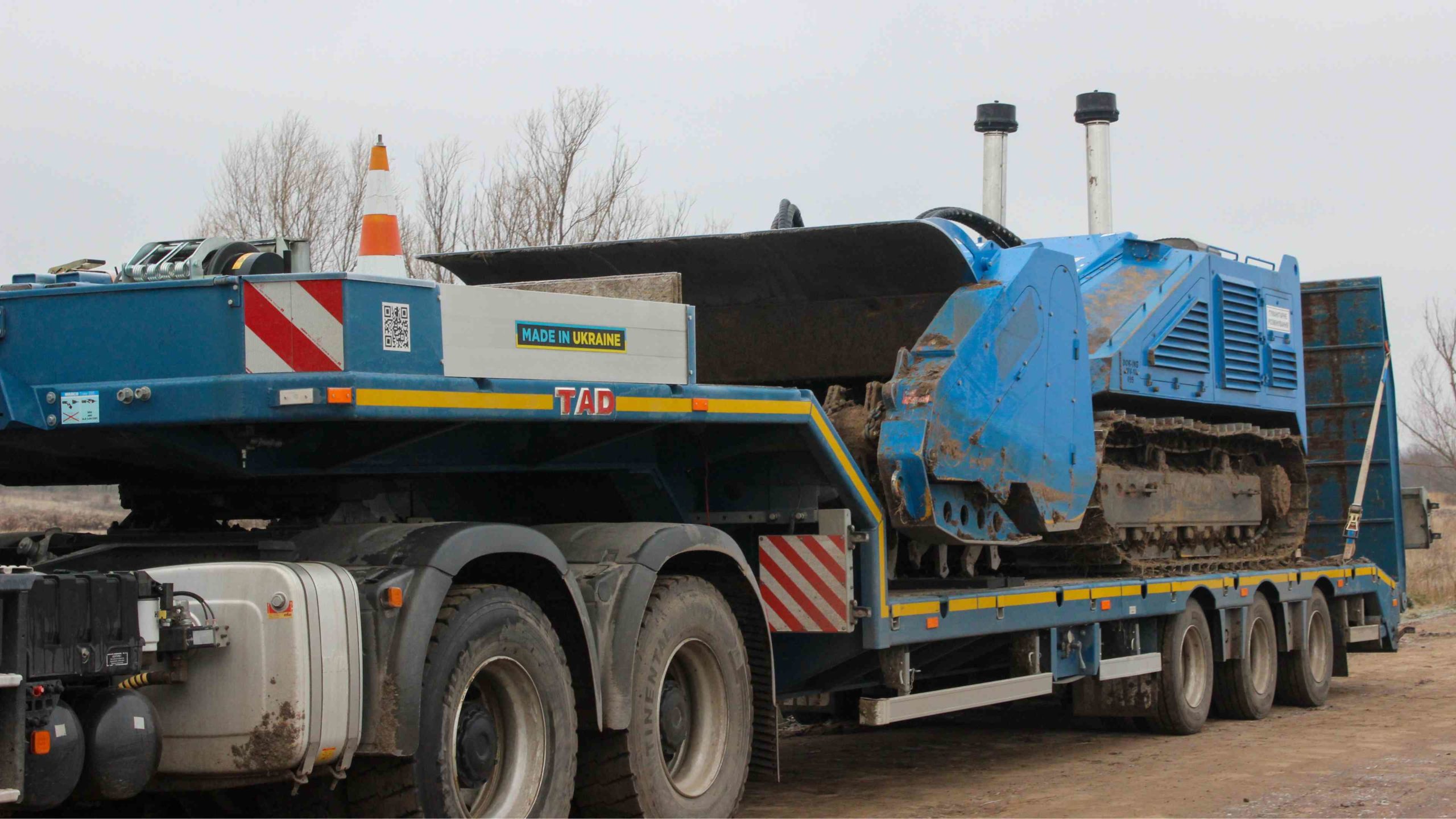
FSD strengthens Ukraine’s mechanical demining capacity
FSD has launched a new project funded by the Swiss State Secretariat for Economic Affairs (SECO) to help the State…
Machines, drones and technology Humanitarian demining Non catégorisé
